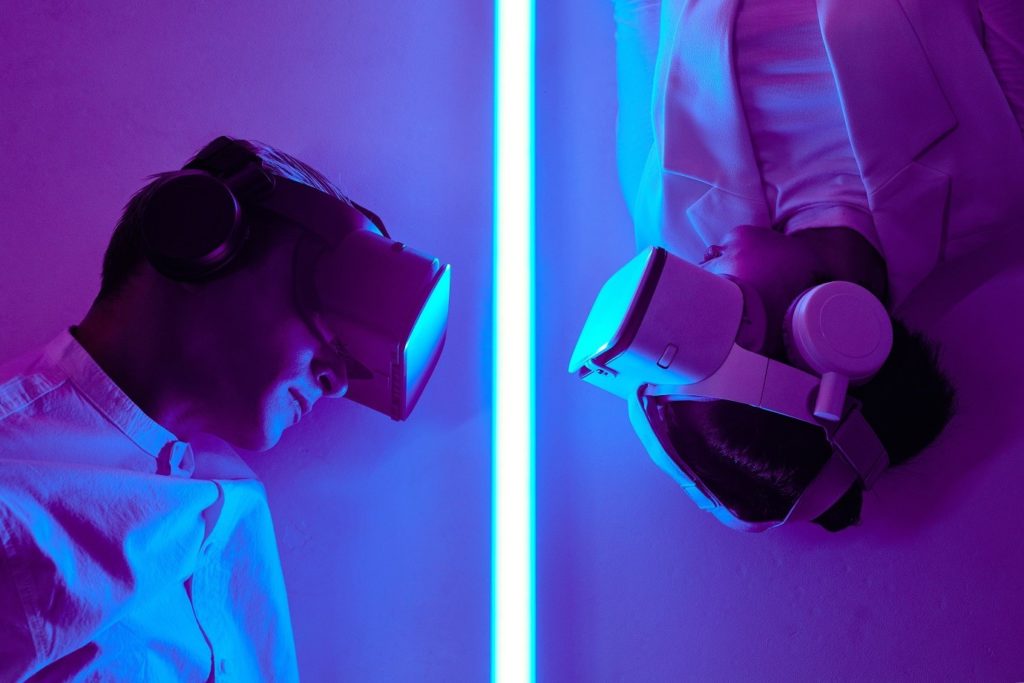A new study finds that only 8 per cent of AI professionals depicted in film are women– a dismal statistic that researchers worry is exacerbating existing gender inequality in the tech industry.
Researchers at the University of Cambridge analysed 142 of the most influential films featuring AI from 1920 to 2020. Out of the 116 individuals playing AI researchers, only nine of them were women (8 per cent) and none of the films were solely directed by a woman.
Some of the reasons for this poor female representation on screen are theorised to be the lack of female directors, the influence of gendered narrative tropes and parallels between film and real-life gender inequality.
Emphasising the importance of improving this female representation, the study’s report notes that the artificial intelligence (AI) sector is “not only growing, but widely considered to be central to the future shape of society.”
Not only is the lack of female representation “intrinsically unjust”, says the report, but it also “contributes to further injustices as AI systems reflect the gender biases of their makers.”
This representation bias in films can influence the ‘pipeline’ of women entering into the field, according to the report. Stereotypes influence young people’s career choices, managers hiring new AI staff who might see men as a better “cultural fit” and co-workers who might be hostile to certain employees over others.
“Mainstream films are an enormously influential source and amplifier of these cultural stereotypes,” says the report.
And in real-life, although AI is one of the most impactful technologies of our age, researchers said, “Globally, only 22 per cent of AI professionals are female, as opposed to 39 per cent across all STEM fields.”
Films like Iron Man and Ex Machina were noted in the study as helping to anchor systemic gender inequality in the artificial intelligence industry.
Regarding the nine female AI researchers seen on screen, they included the female alien Quintessa in Transformers: The Last Knight, Smiler in The Emoji Movie, Shuri in Avengers: Infinity War, Evelyn Caster in Transcendence, Ava in The Machine, Dr Brenda Bradford in Inspector Gadget, Dr Susan Calvin in I, Robot, Dr Dahlin in Ghost in the Shell.
The earliest film to feature a female AI creator in the study was from 1997: Frau Farbissina in Austin Powers: International Man of Mystery.
Even the films in which a female AI scientist is shown, however, were affected by the trop of the male genius, according to the report, as these females are still oftentimes shown as the subordinate employee of a man (I, Robot, The Machine and Austin Powers) or the wife/daughter of a male genius AI creator (Transcendence and Inspector Gadget).
The scale of male directors compared to female directors for these movies also surprised researchers– out of the 142 films analysed in the study, only 1 per cent were women. This means there were only 2 women directors and in both instances, these women were co-directing with men.
One way to fix on screen representation, could be to support more female directors as a study by Follows and Kreager showed that when women were directing, the number of women increased in the majority of key roles on screen.
Researchers note that for future work on this subject, it will be important to also consider the role of sexuality, sexual identity, disability, race, ethnicity and queerness in the representation of AI scientists and engineers. And they emphasise the need for further exploration into the representation of AI scientists and engineers from non-Western and non-Anglophone films.


